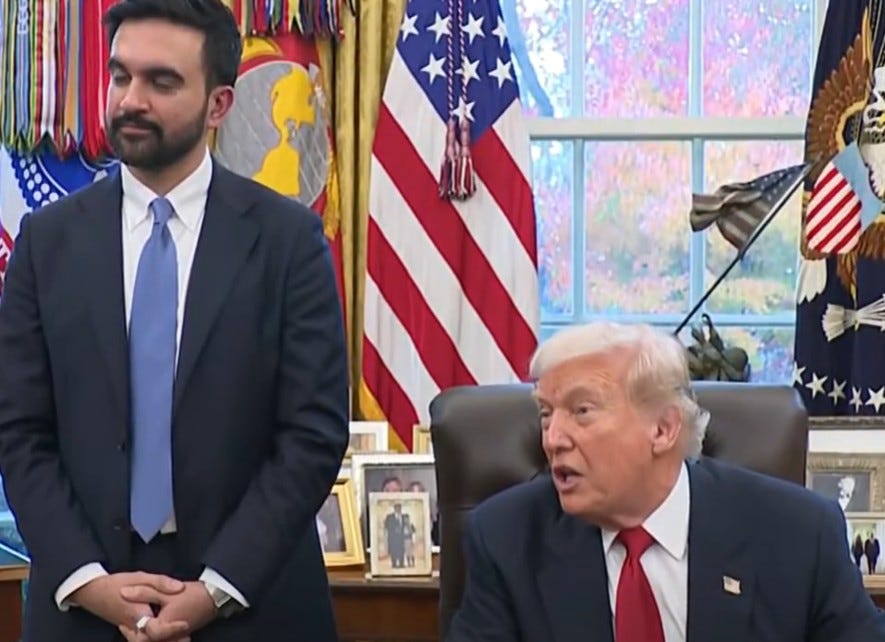Senator Sheldon Whitehouse returned from the COP30 climate conference in Brazil with a stark realization: he was, in the eyes of the current administration, essentially on his own. The trip, intended to foster international collaboration on climate change, became a symbol of a deeper rift – a deliberate distancing from global efforts by the United States government.
Whitehouse publicly voiced his frustration, noting a significant departure from previous administrations. He contrasted the current situation with the robust U.S. delegation led by John Podesta at the COP29 conference the prior year, a clear indication of shifting priorities. His official badge didn’t identify him as representing the “United States of America,” but rather a lesser-known organization, GLOBE, a detail he presented as a pointed rebuke.
The White House responded swiftly and sharply, dismissing Whitehouse’s concerns as falling for “the biggest scam of the century: the Green New Scam.” Spokeswoman Taylor Rogers accused the Senator of wasting time and taxpayer money on a “radical ‘climate’ conference,” effectively labeling his efforts as foolish and misguided.
Whitehouse explained that securing even basic logistical support proved unexpectedly difficult. The State Department, traditionally responsible for facilitating Congressional delegations – known as CODELs – refused to assist with travel or credentialing. He was forced to rely on a coalition of House members to navigate the complexities of international travel.
The Senator’s presence at COP30, alongside California Governor Gavin Newsom, highlighted what he described as a “failure of the United States to be present” on a critical global stage. He argued that the administration’s absence effectively ceded leadership on climate change to rival nations, specifically pointing to China.
Whitehouse didn’t shy away from directly criticizing President Trump, asserting that the President’s allegiance lies not with the American people, but with the fossil fuel industry and its wealthy donors. He believes this influence dictates the administration’s climate policy, or lack thereof.
At the conference itself, Whitehouse championed “carbon pricing” as a vital tool for driving meaningful climate action, a concept often framed as a “carbon tax” by its opponents. He urged European allies to remain steadfast in their climate commitments, anticipating potential attacks from the incoming administration.
House Minority Leader Hakeem Jeffries echoed Whitehouse’s concerns, emphasizing the administration’s unwillingness to address issues vital to Americans, including climate change and economic affordability. He framed the situation as a strategic disadvantage for the United States, allowing China to assume a leadership role.
Critics, however, offered a different perspective. Daniel Turner, founder of Power The Future, accused Whitehouse of hypocrisy, pointing to the timing of the conference during a government shutdown and highlighting the Senator’s perceived praise of China’s presence at COP30. He characterized Whitehouse as “out of touch” and disconnected from the concerns of working-class Americans.
The controversy extends beyond climate policy, resurfacing past scrutiny of Whitehouse’s family’s membership in a Rhode Island club with a history of alleged discriminatory practices. The Senator acknowledged ongoing efforts to address those concerns, but the issue adds another layer to the narrative surrounding his public image.
Whitehouse ultimately framed the administration’s actions as a deliberate attempt to protect the interests of the fossil fuel industry, even at the expense of American families. He vowed to rally international allies and defend critical climate policies, like the Carbon Border Adjustment Mechanism (CBAM), against anticipated attacks.






